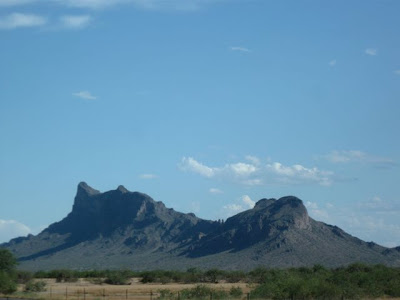The magazine's interview with the FBI's CIO and an accompanying article make for interesting reading: general-interest publications typically devote scant attention to recordkeeping issues. Moreover, the interview and article reveal that the FBI was beset by a host of problems, among them: it had difficulty maintaining control over the development process and kept amending its list of system requirements, technological change rendered SAIC's products obsolete even before they could be put into production, cost overruns were mammoth, and no one wanted to tell FBI Director Robert Mueller that the project was in deep trouble.
Shortly after the U.S. News and World Report articles appeared, the FBI scrapped the project, in which it had invested $124 million, and terminated its contract with SAIC (which has an interesting track record with big federal contracts). The agency ultimately started developing a new case management system, this time with Lockheed Martin. Unfortunately, earlier this month, the U.S. Department of Justice's Office of the Inspector General issued a report questioning whether the new case file management system, named Sentinel, will be finished on time and at cost and whether it will truly meet the FBI's needs.
Given that Lockheed is building the Electronic Records Archives system for the U.S. National Archives and Records Administration (NARA), this report is particularly worrisome. However, NARA identified its system requirements at the outset and hasn't substantially modified them and seems to have retained control over the development process, which suggests that NARA is going to have a better experience with Lockheed.
In the meantime, how can government agencies ensure that their systems development projects don't end up like the FBI's Virtual Case File and Sentinel initiatives? On Monday, the TechAmerica Foundation’s Commission on Government Technology Opportunity in the 21st Century, which consists of 31 federal agency and information technology industry representatives, issued a 33-step action plan for federal agencies and federal contractors.
The commission's core recommendations for agencies, which are detailed in full in its report, are:
- Develop professional, in-house program/project management capability
- Embrace iterative and incremental approaches to systems development
- Subject all major information technology acquisitions to independent, third-party risk review
- Improve communication and engagement with both the contractor developing the system and the internal staff who will become its end users
The report goes on to outline the benefits associated with each recommendation, the obstacles that inhibit their implementation, performance measures that assess the impact of implementing these recommendations, and a suggested timeline for federal implementation of these recommendations.
The commission's report was written with federal agencies in mind, but its plain-spoken assessments and recommendations and the vast experience of its authors make it required reading for any state or large local government contracting out the development of an information system. Moreover, any government archivist or records manager seeking to understand the potential pitfalls associated with large-scale systems development projects should study this report and its appendix, which summarizes the findings of past reports concerning federal government systems procurements.







